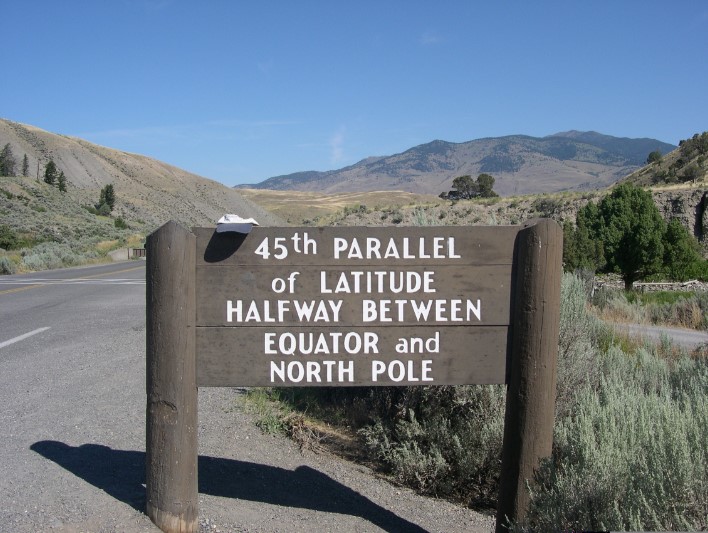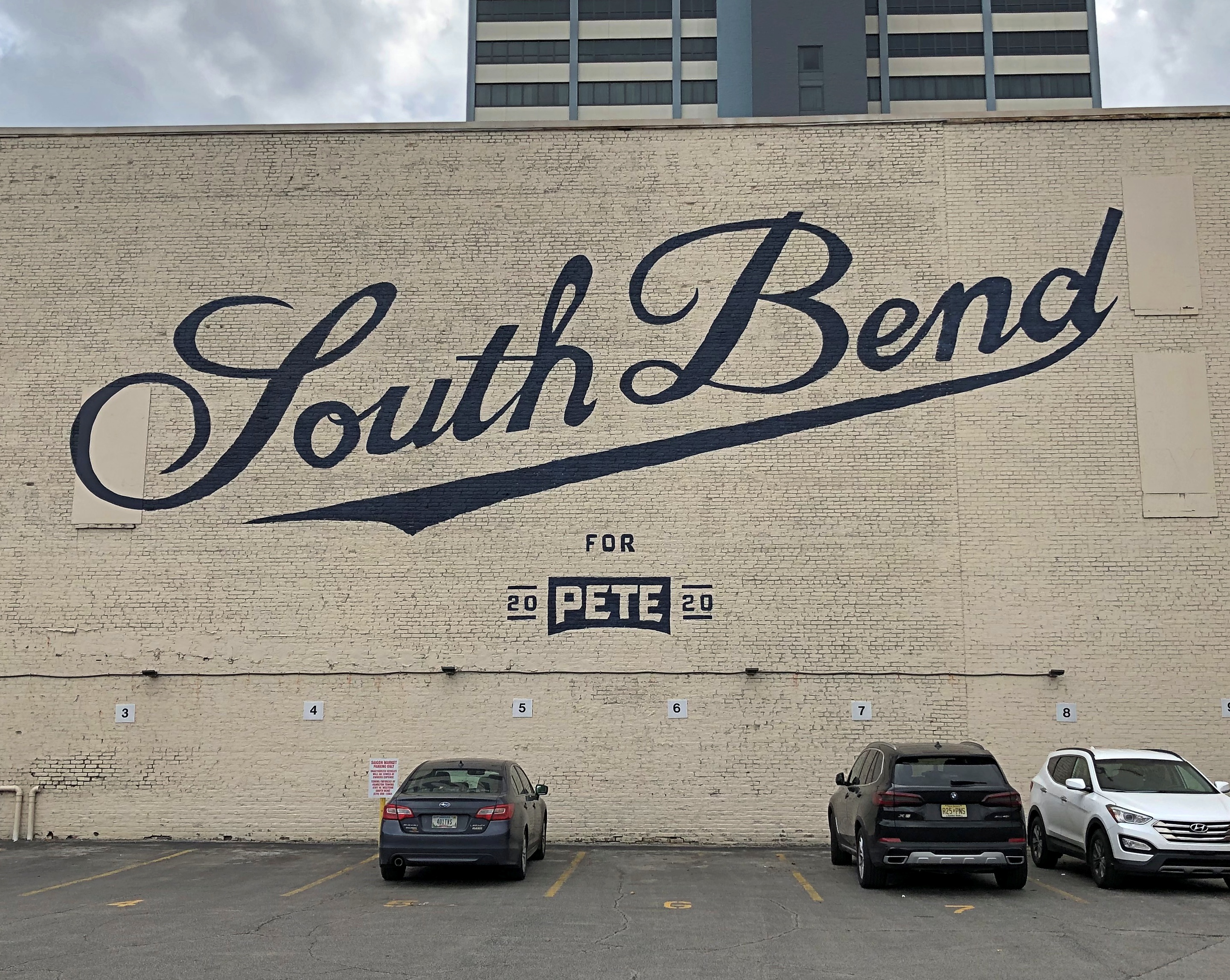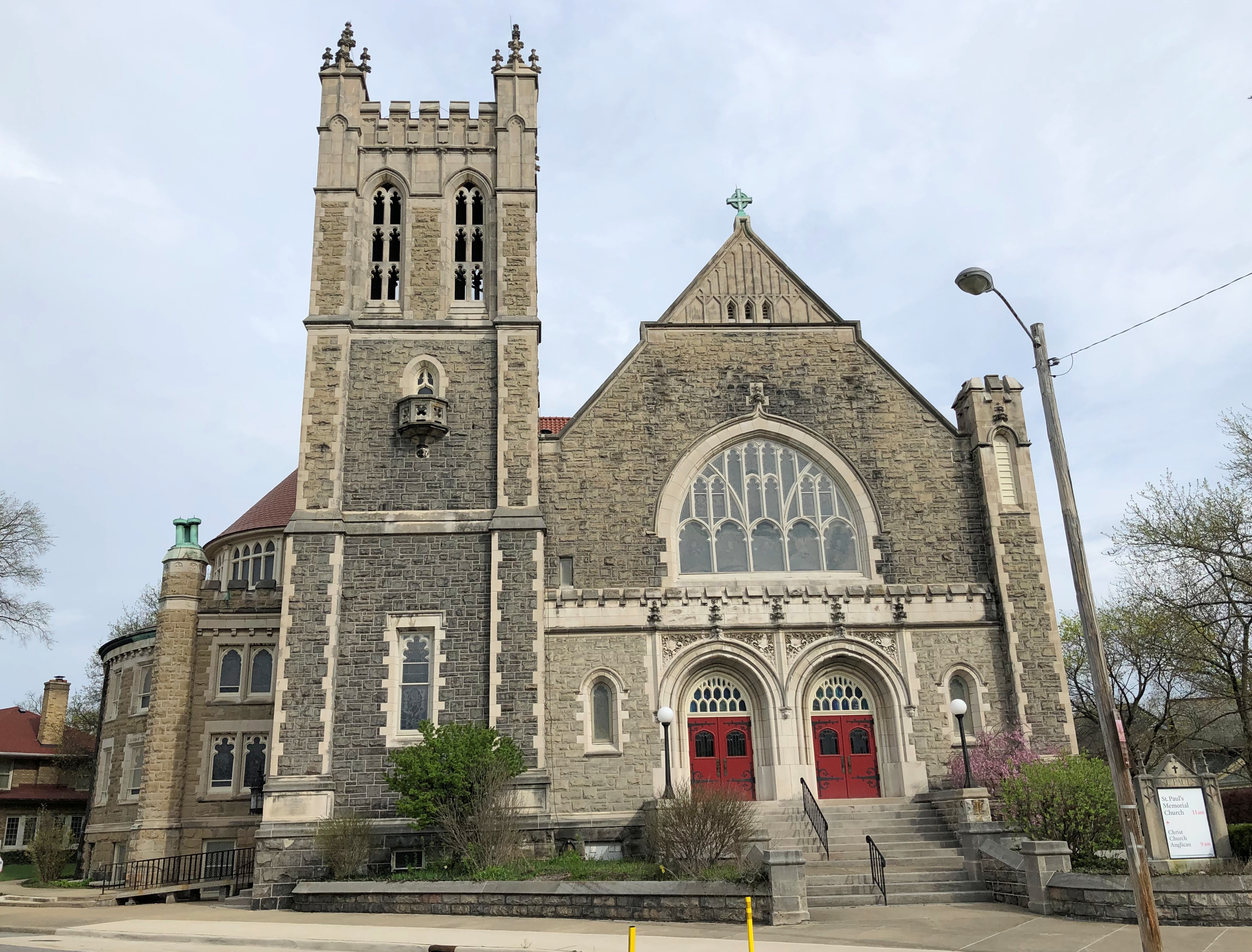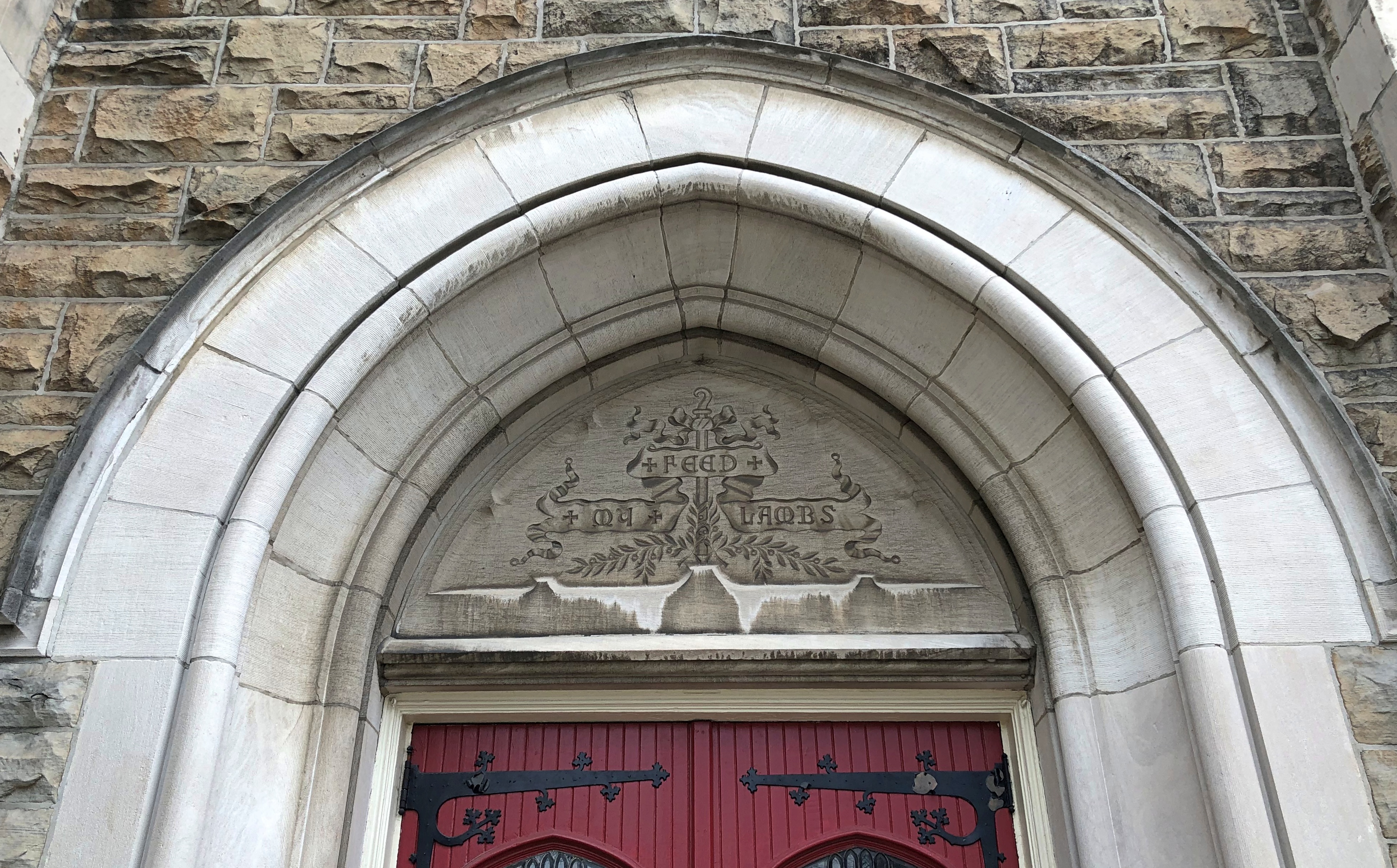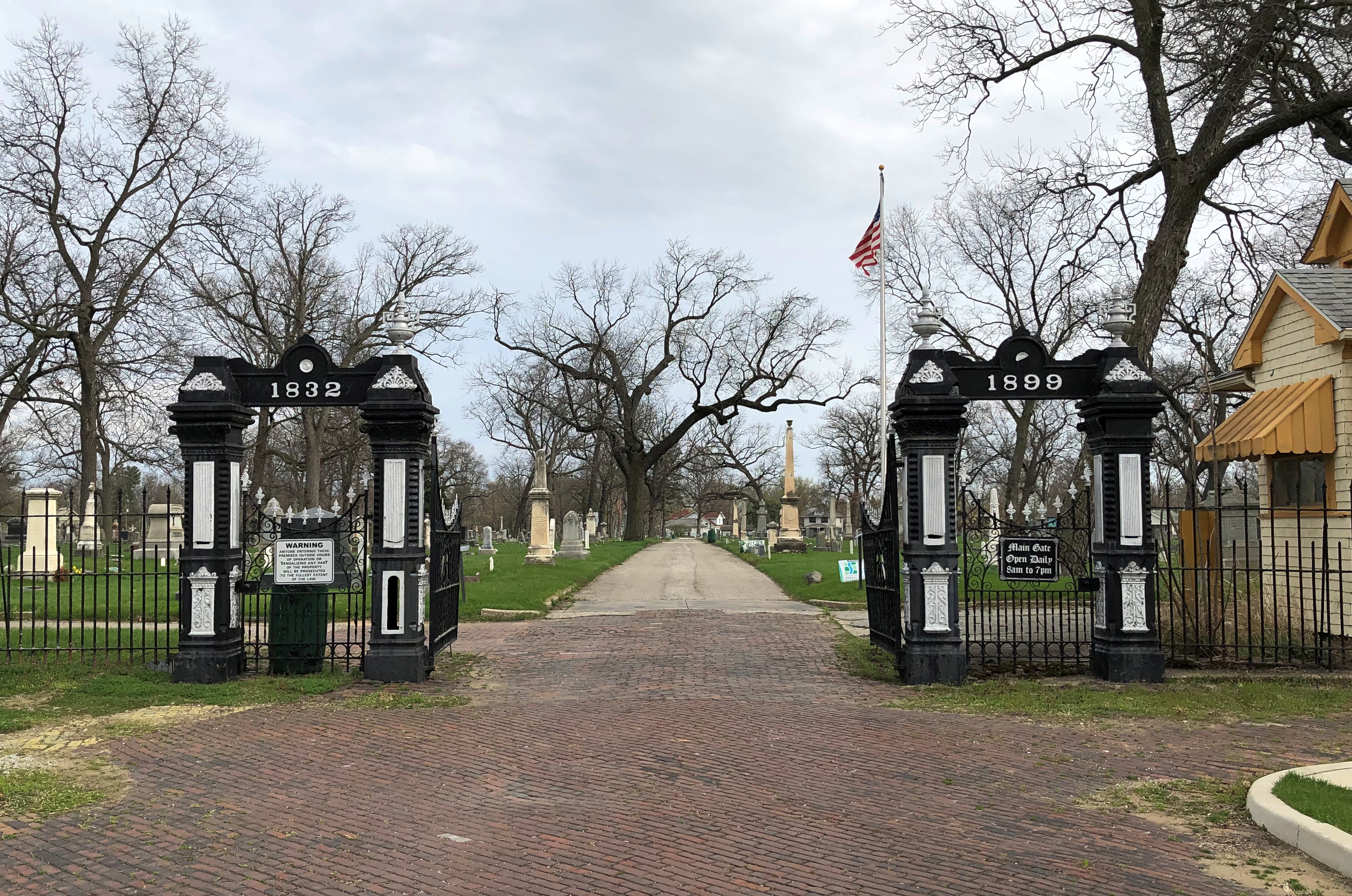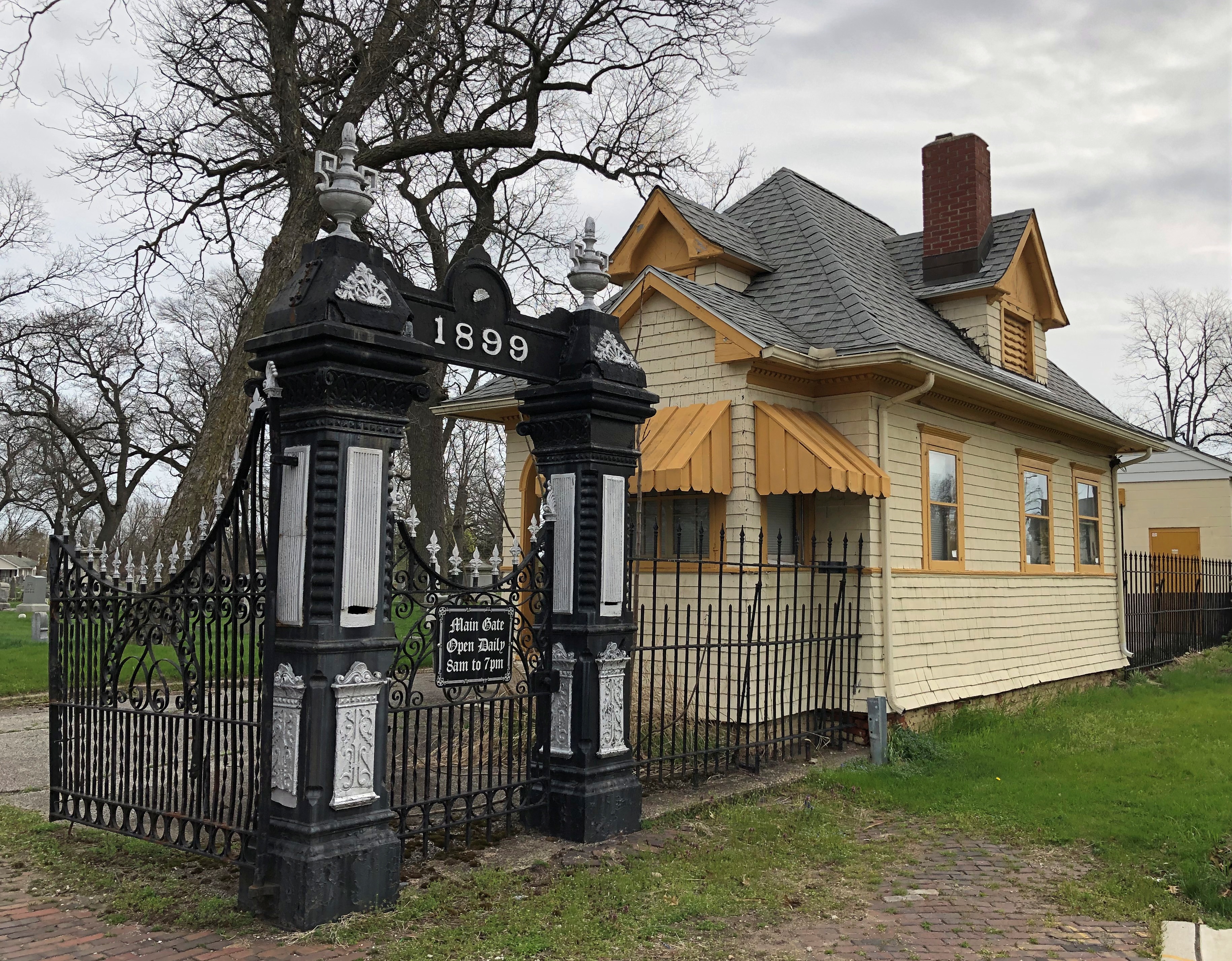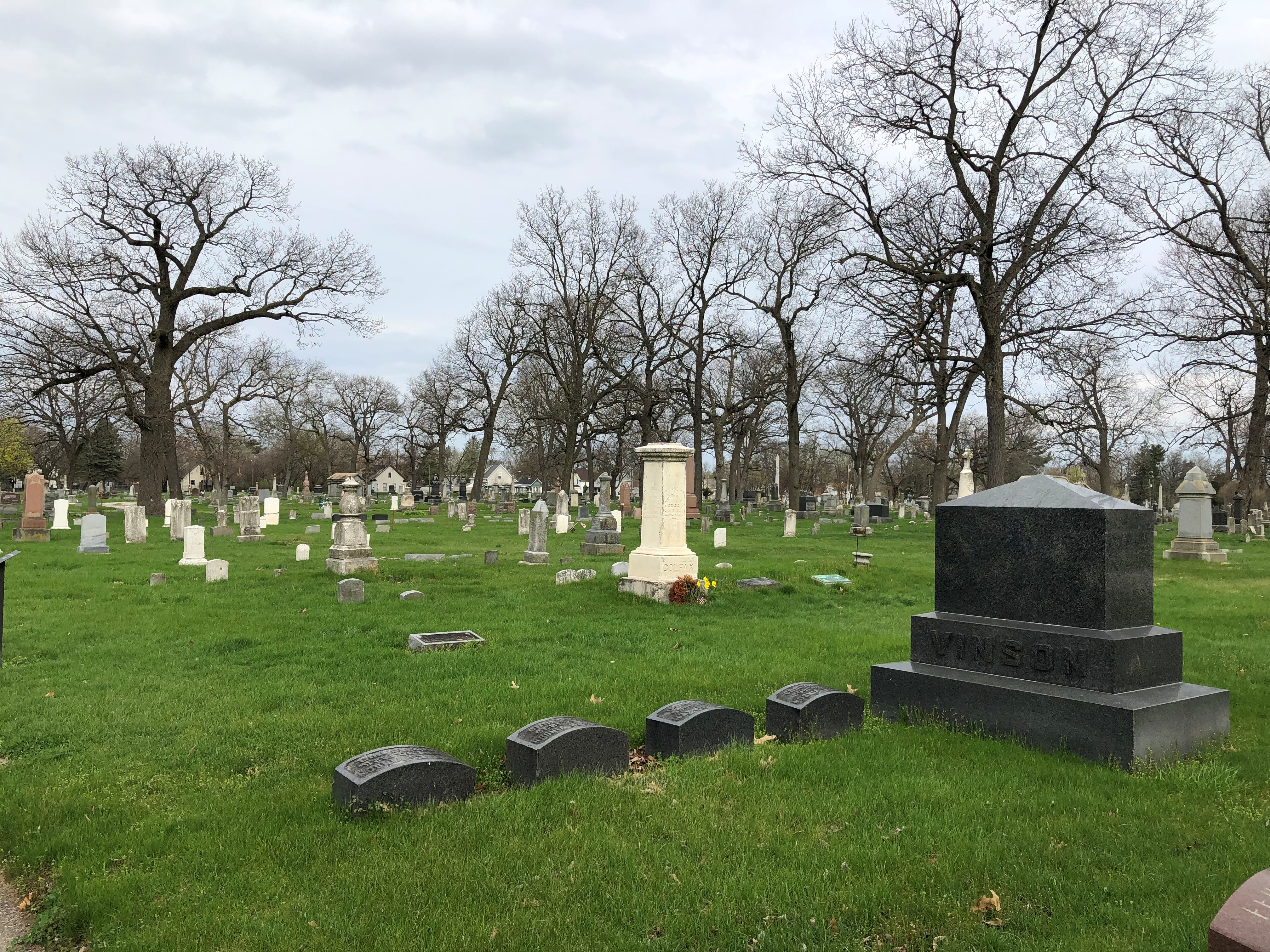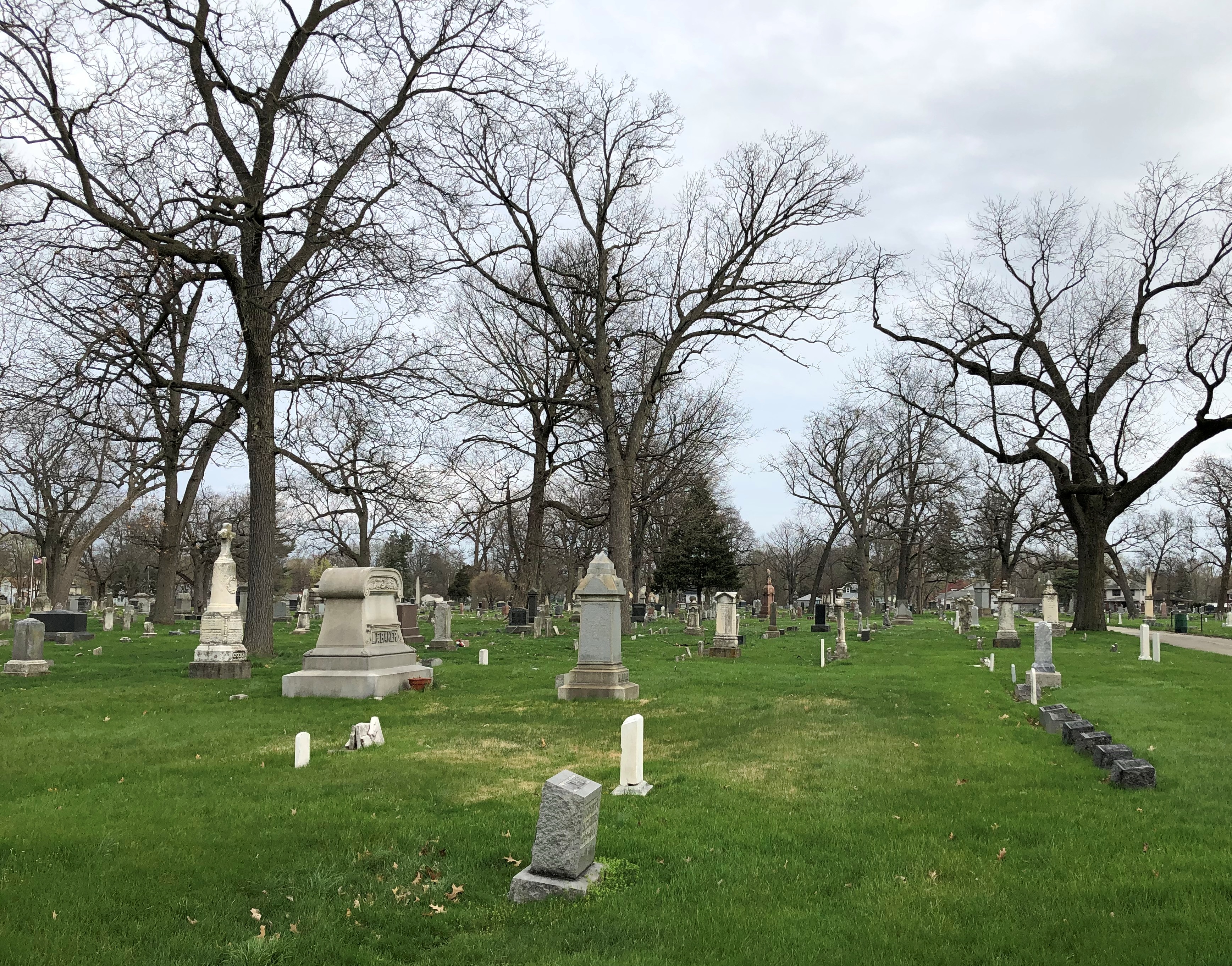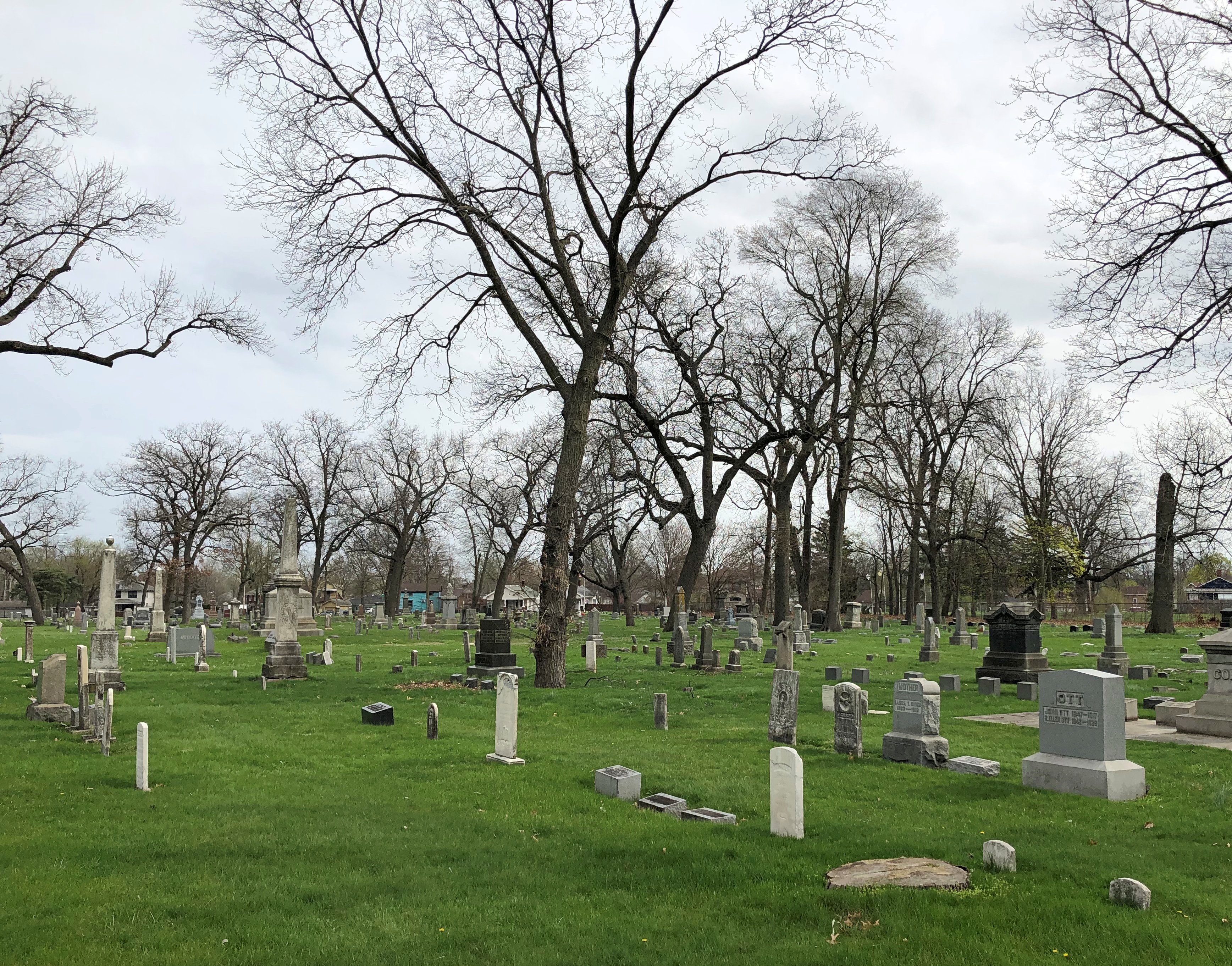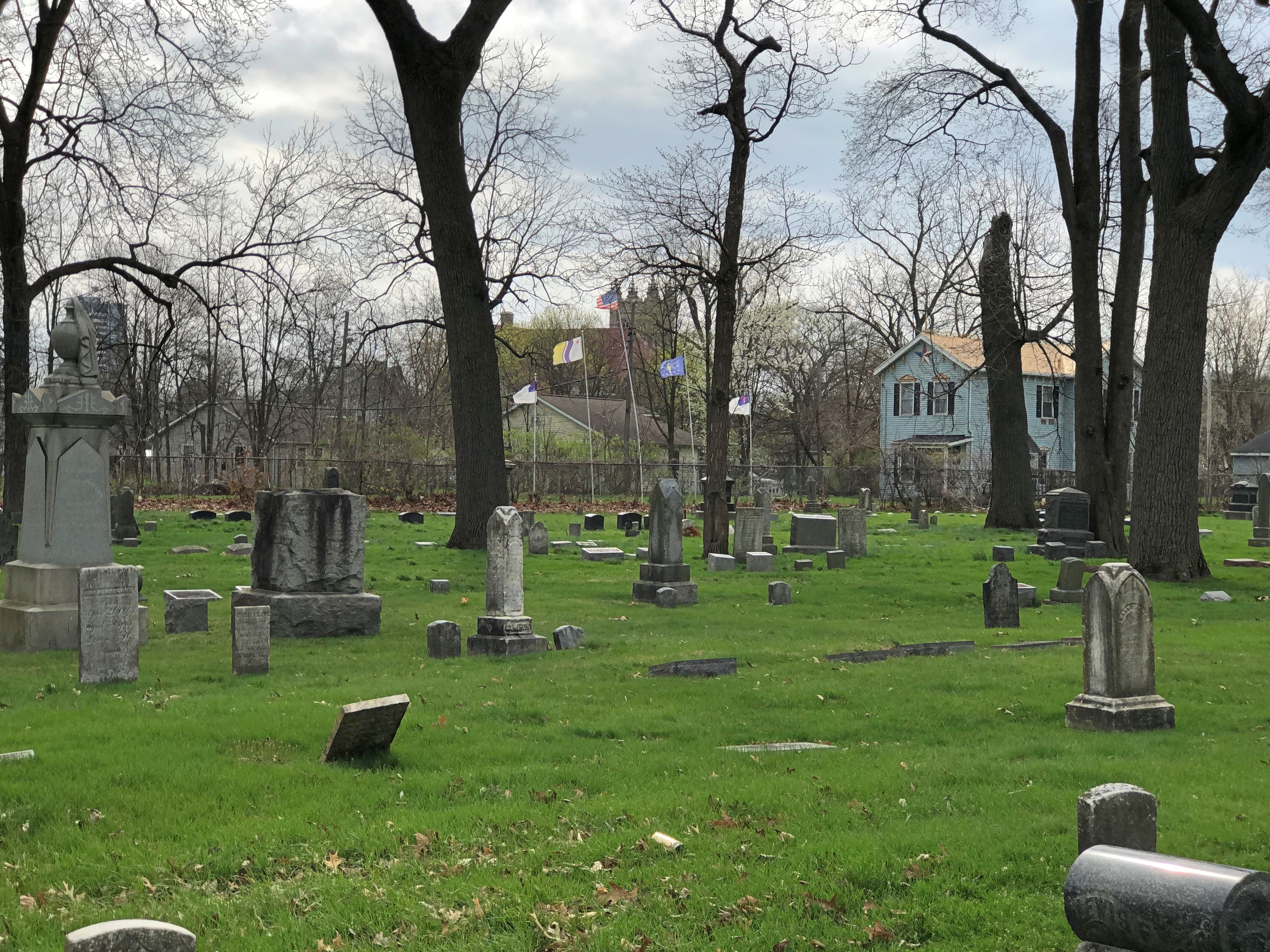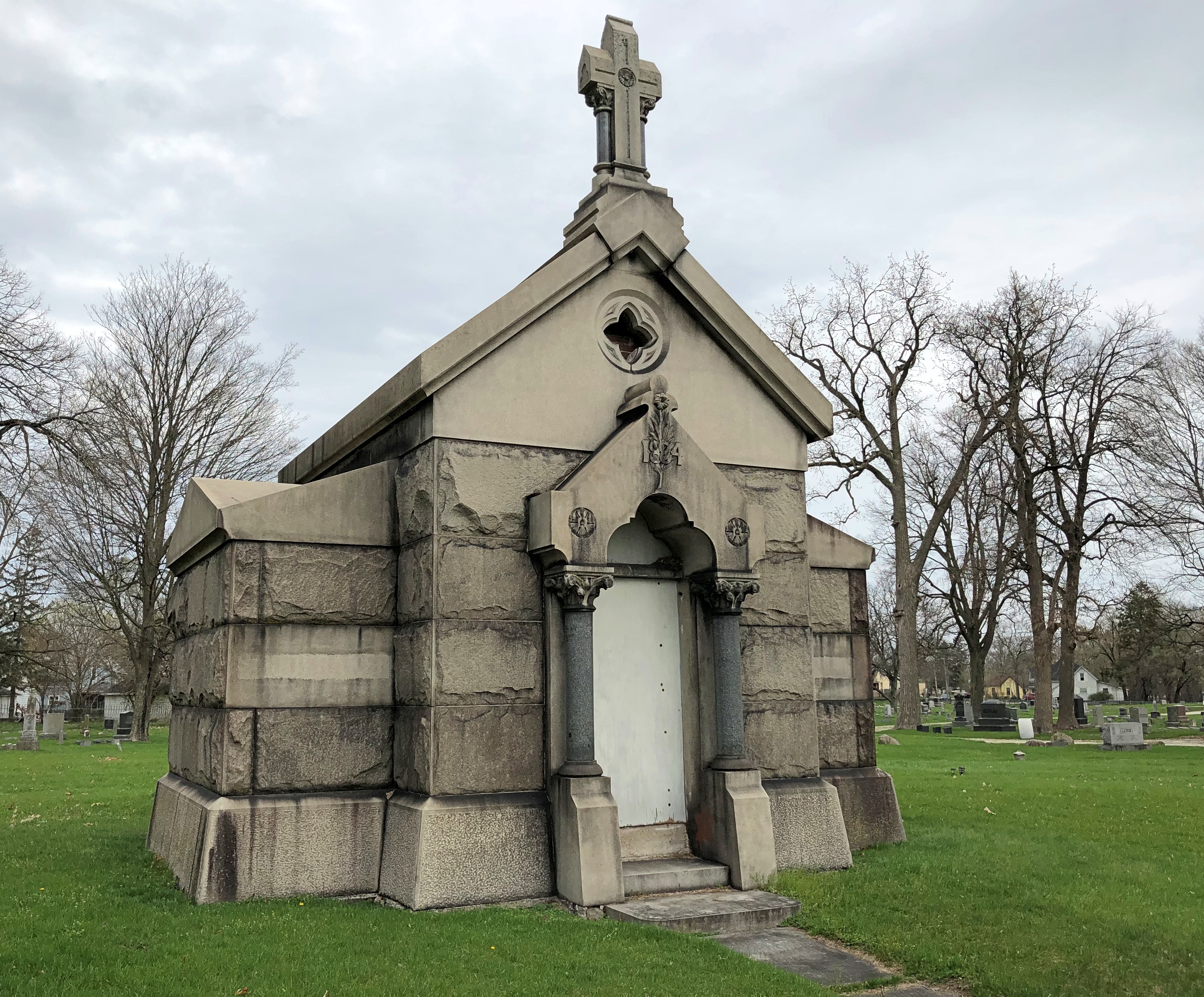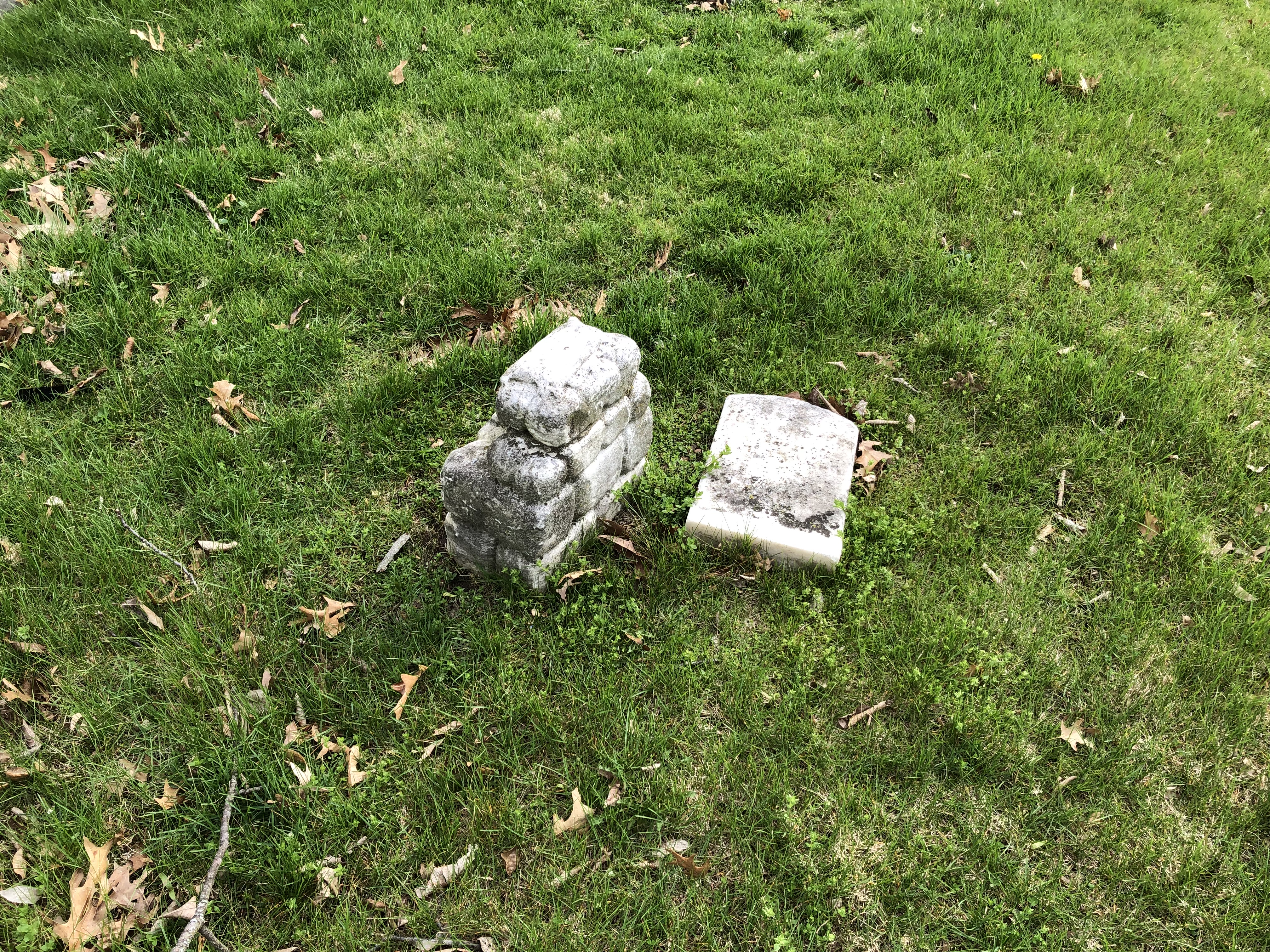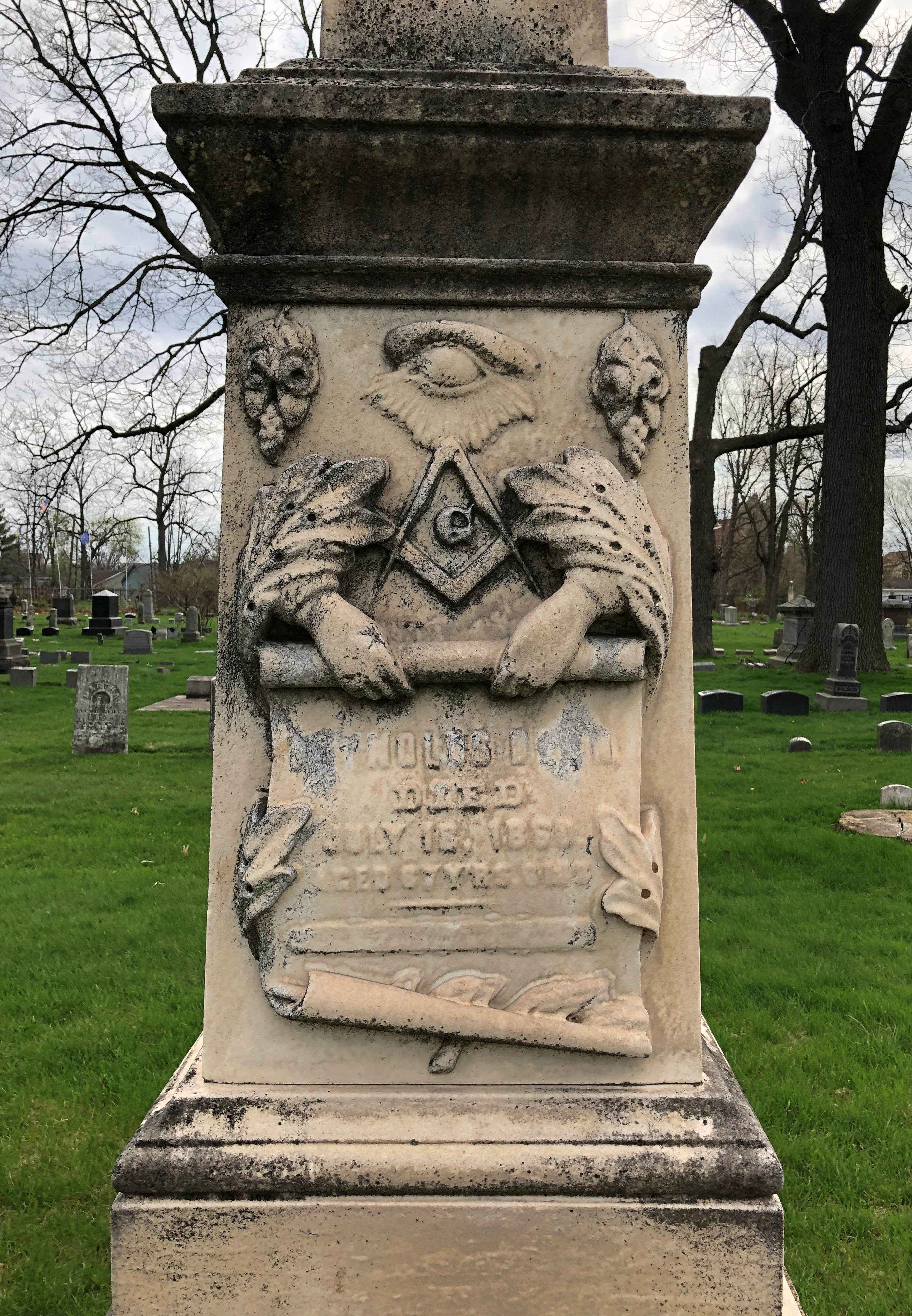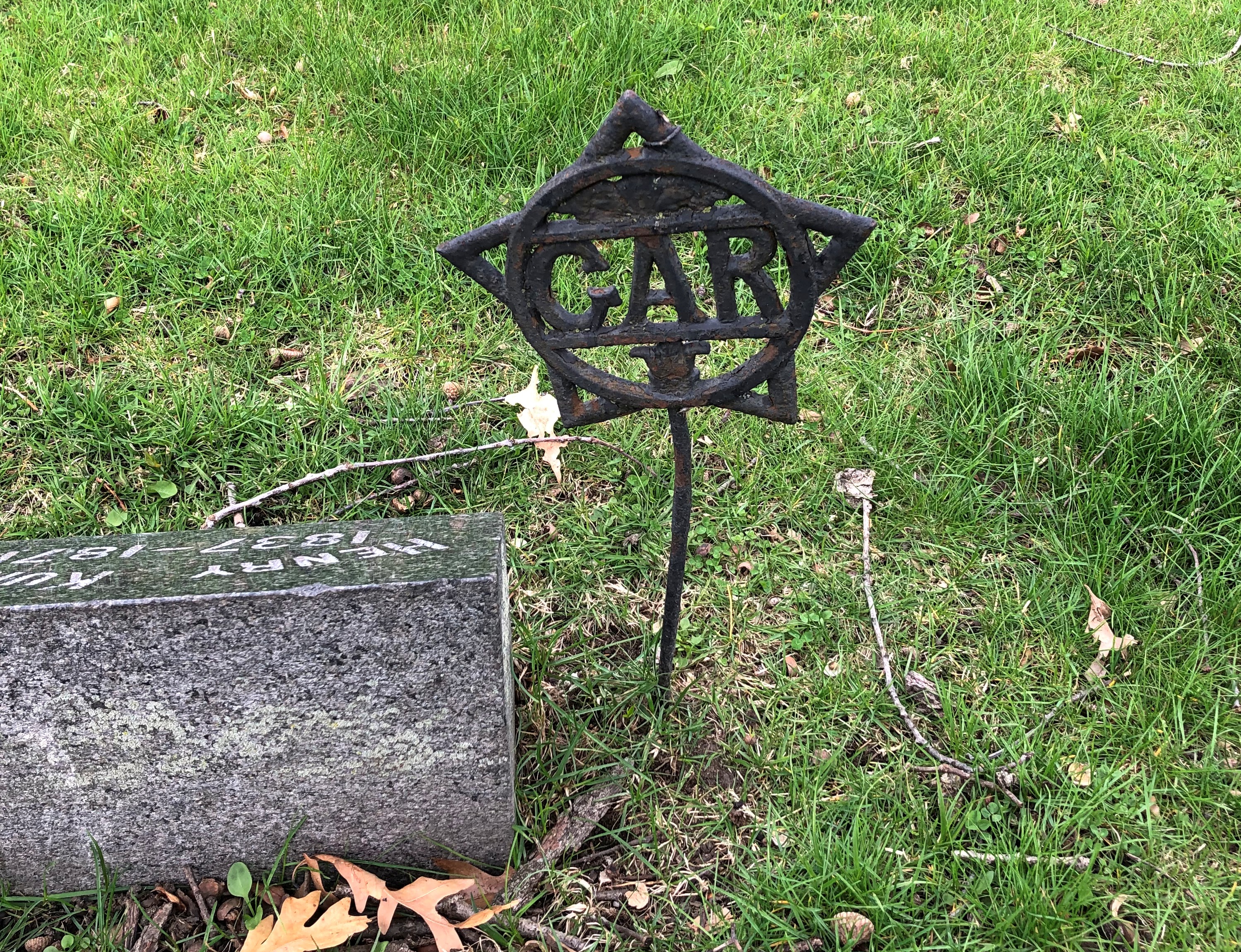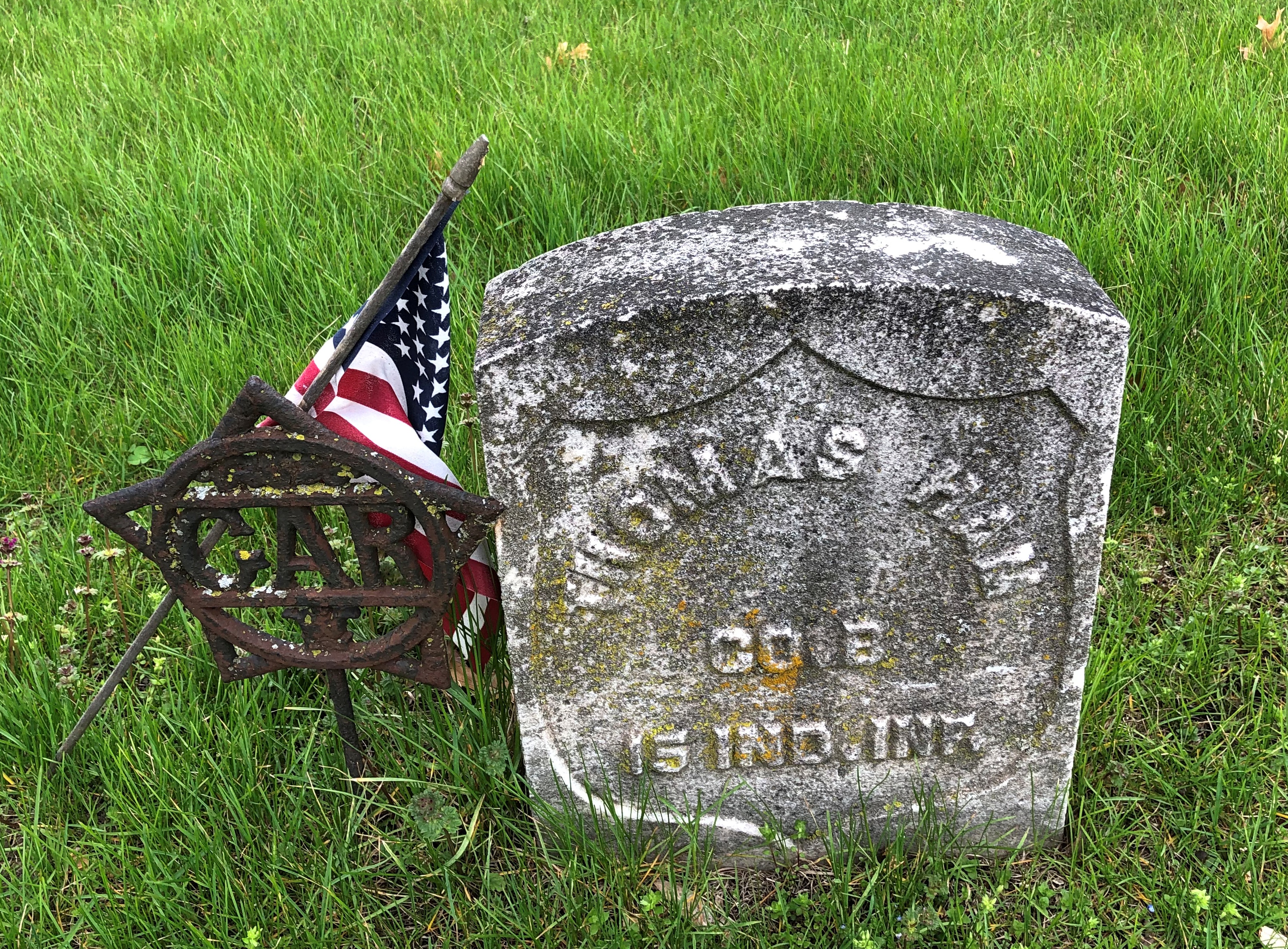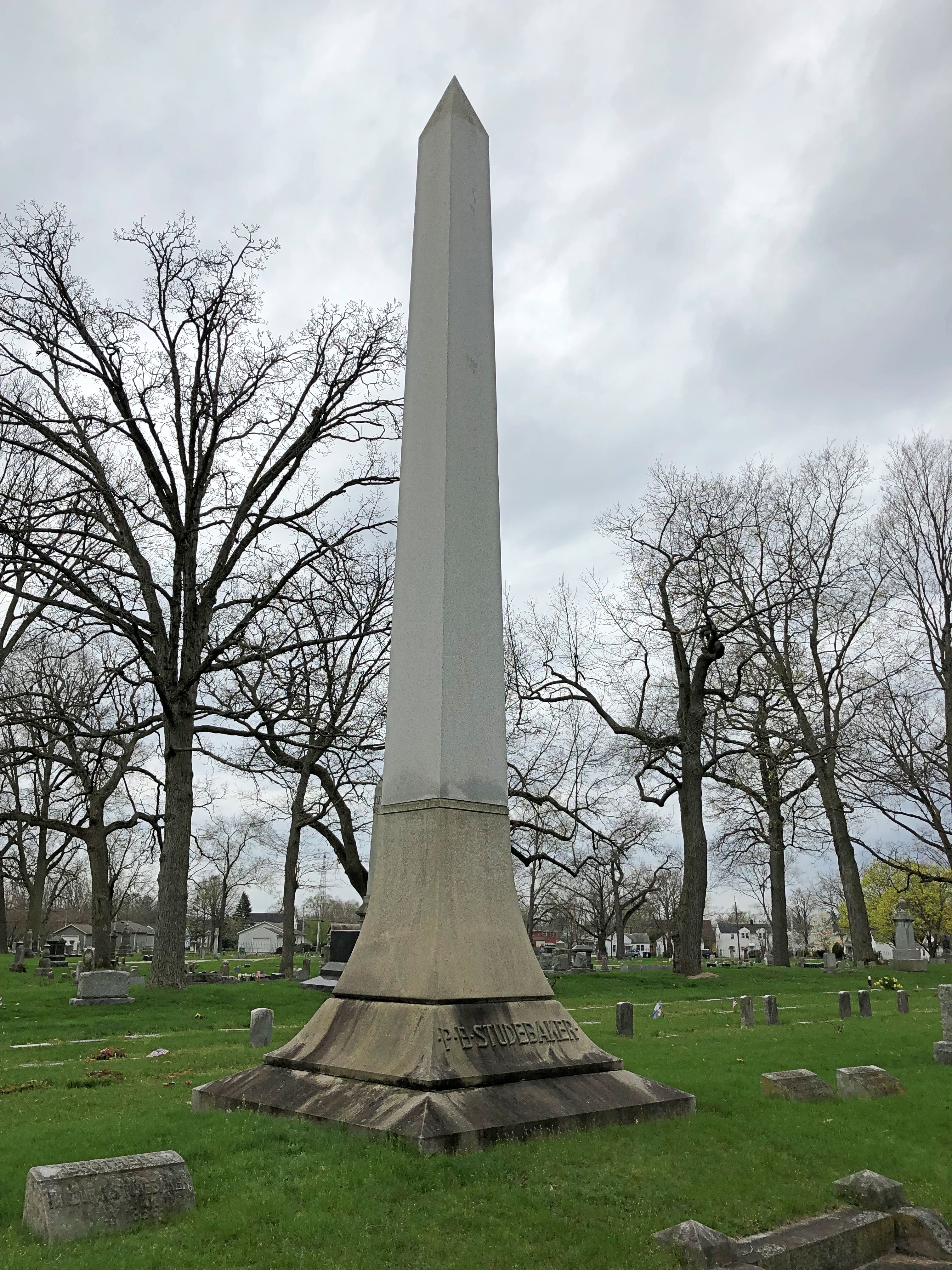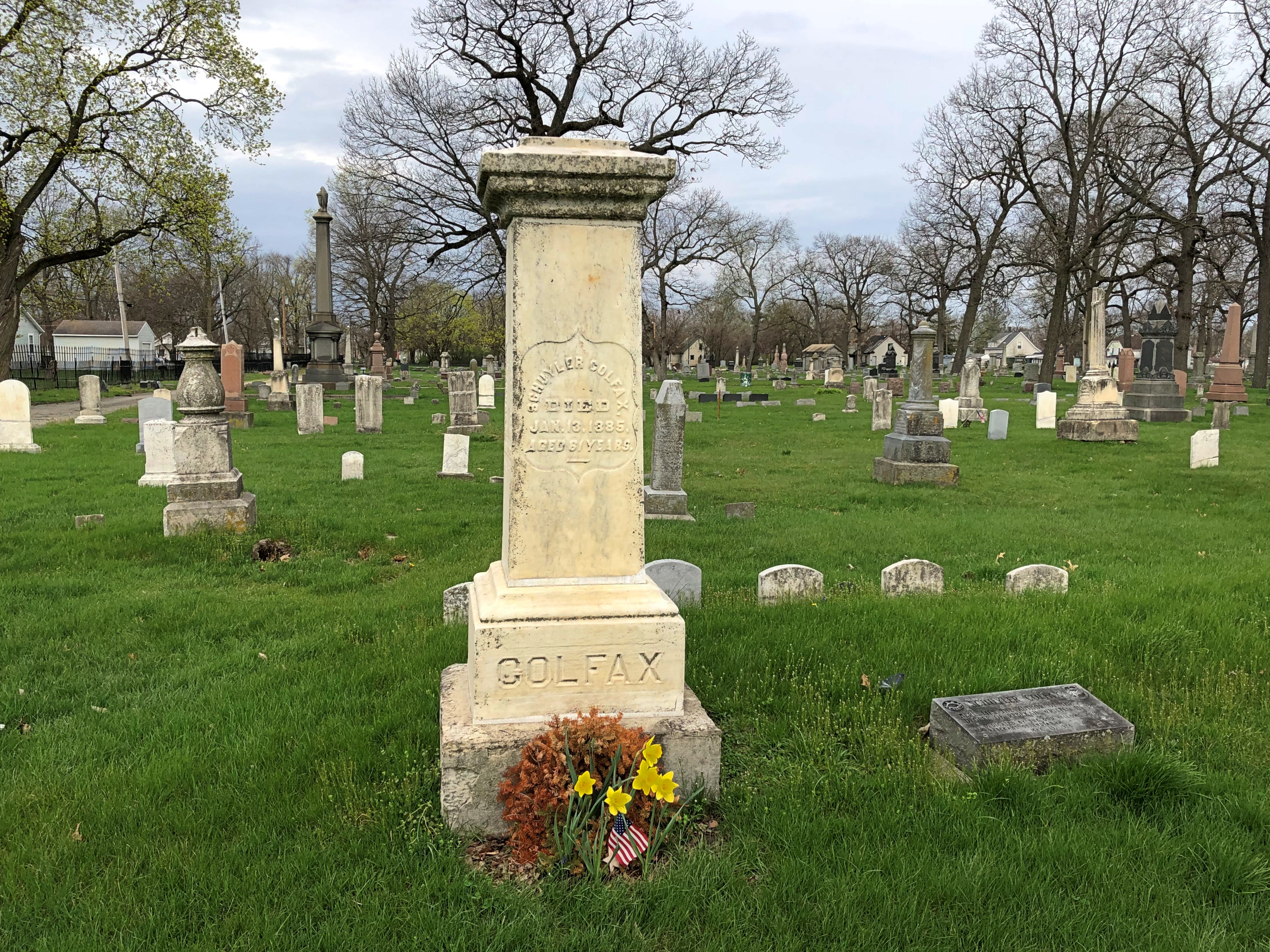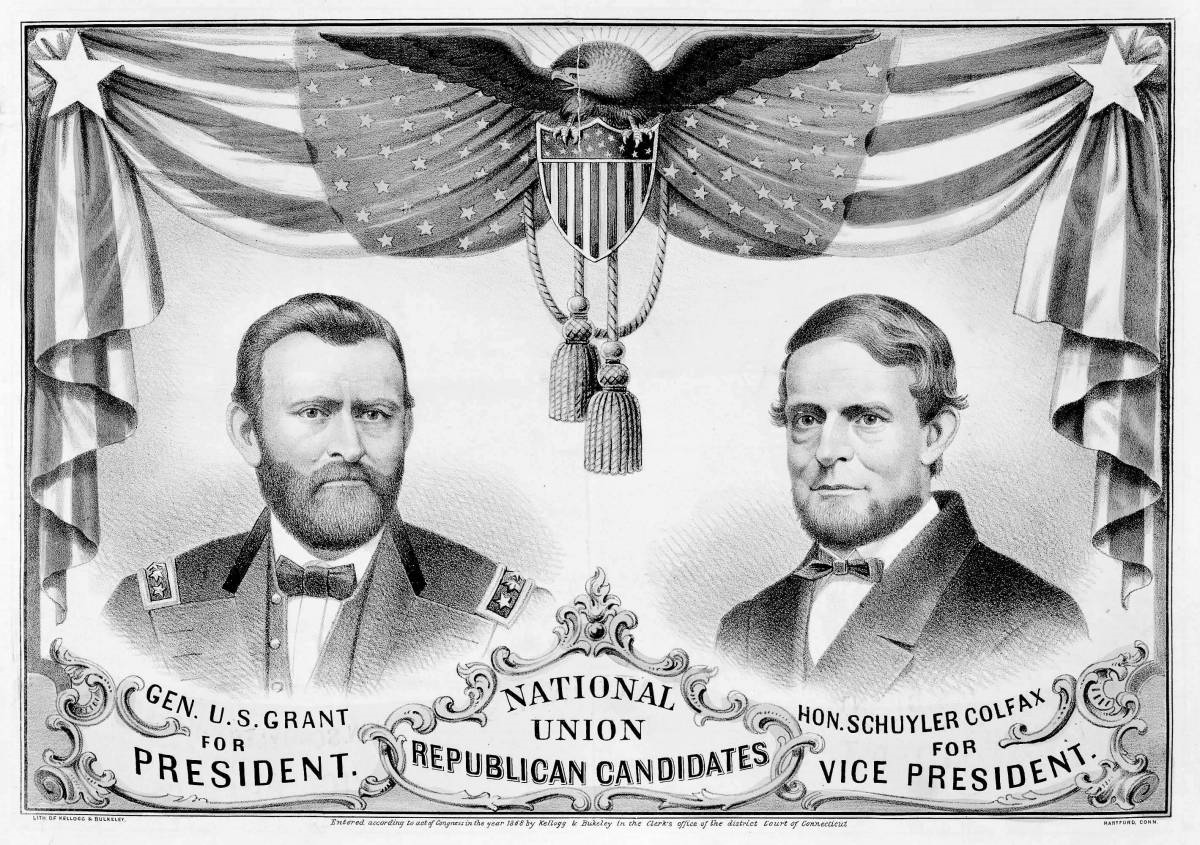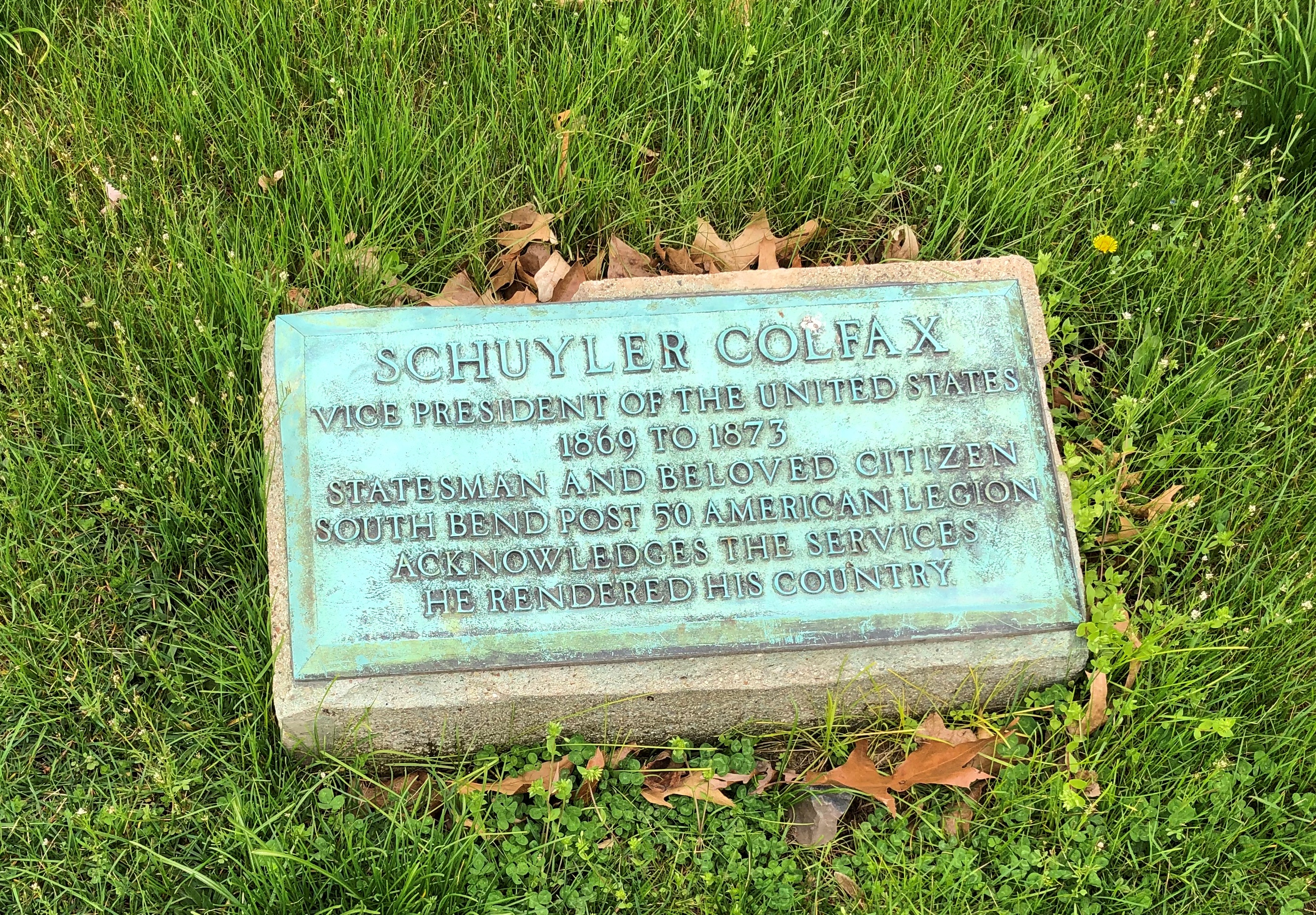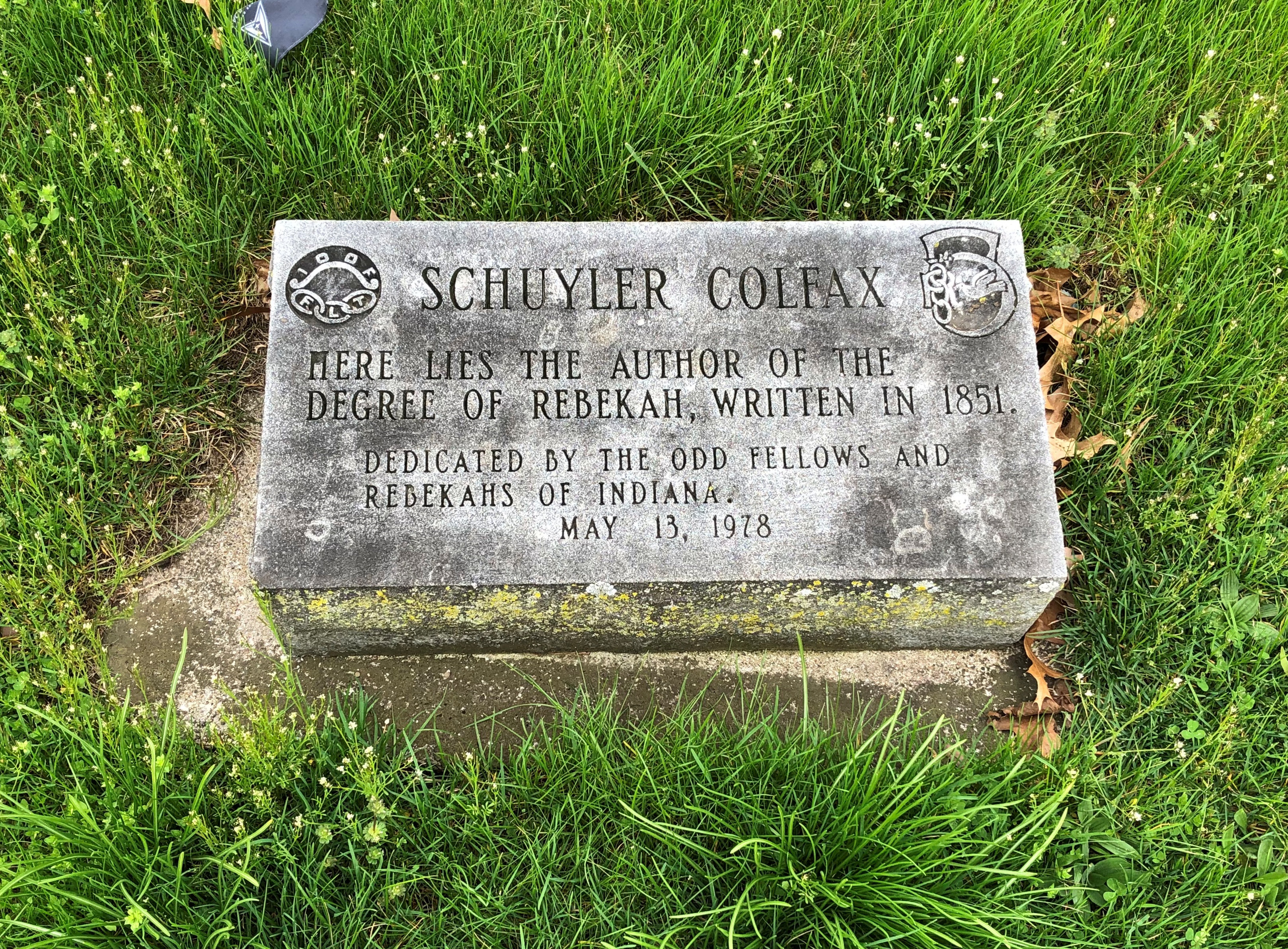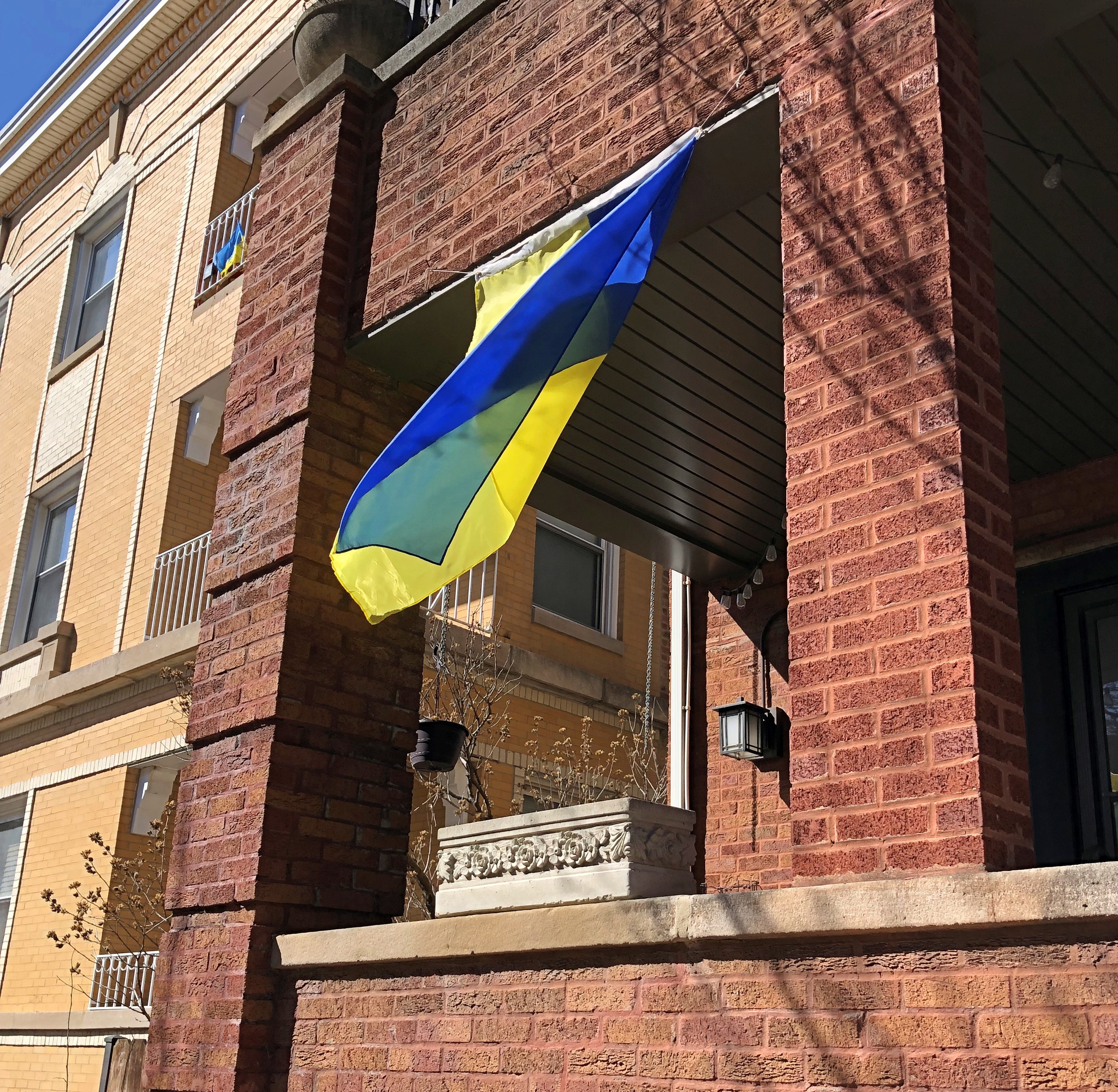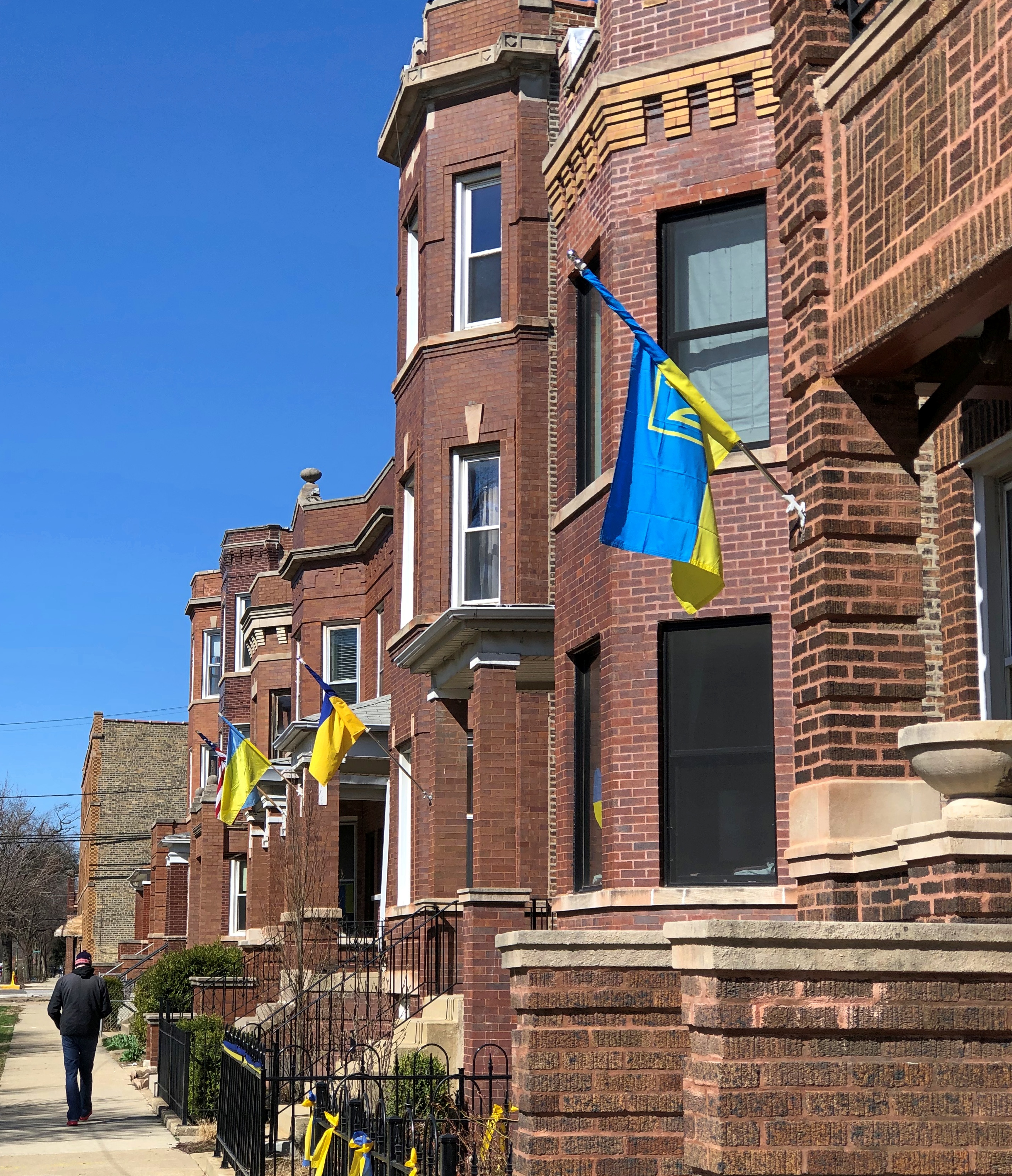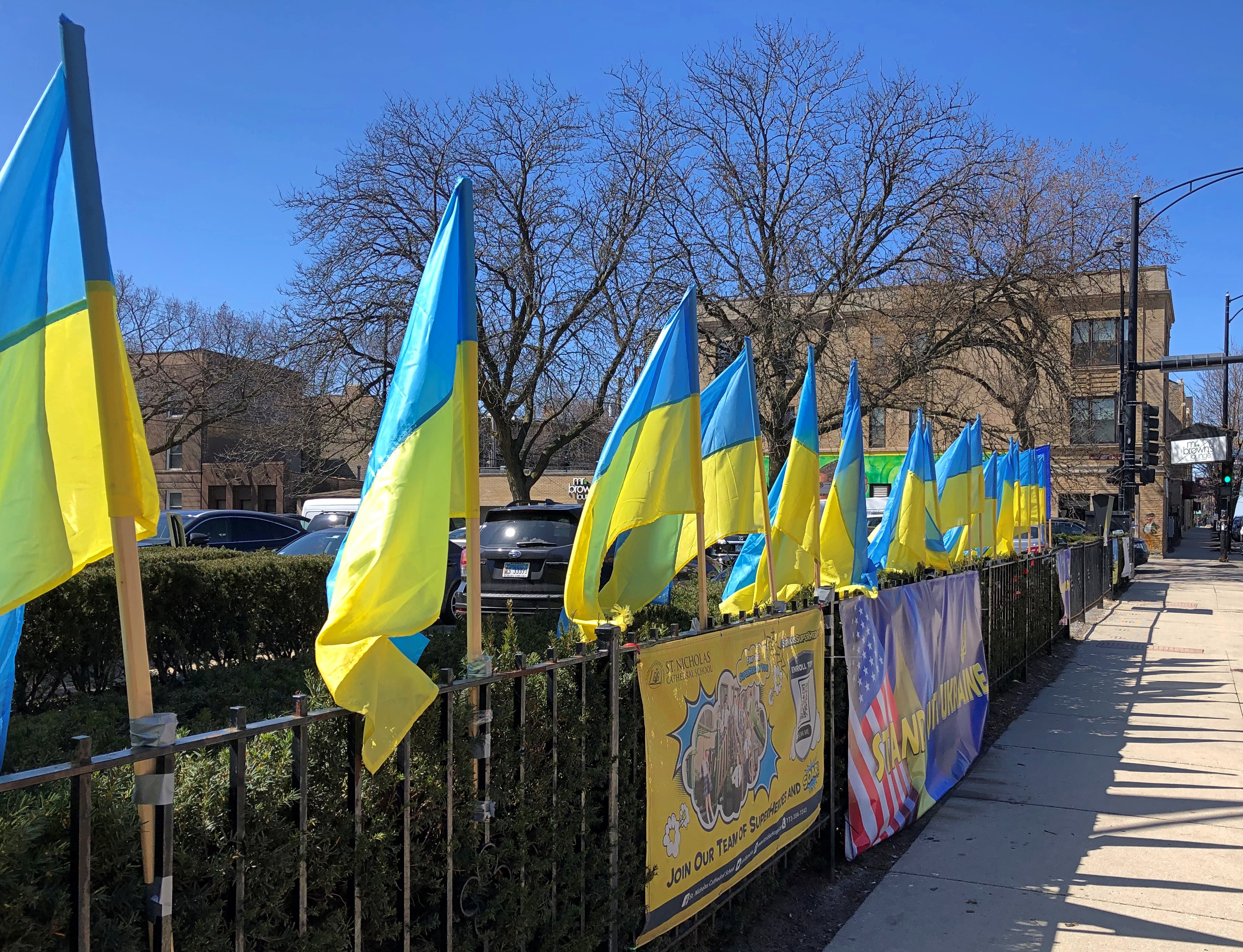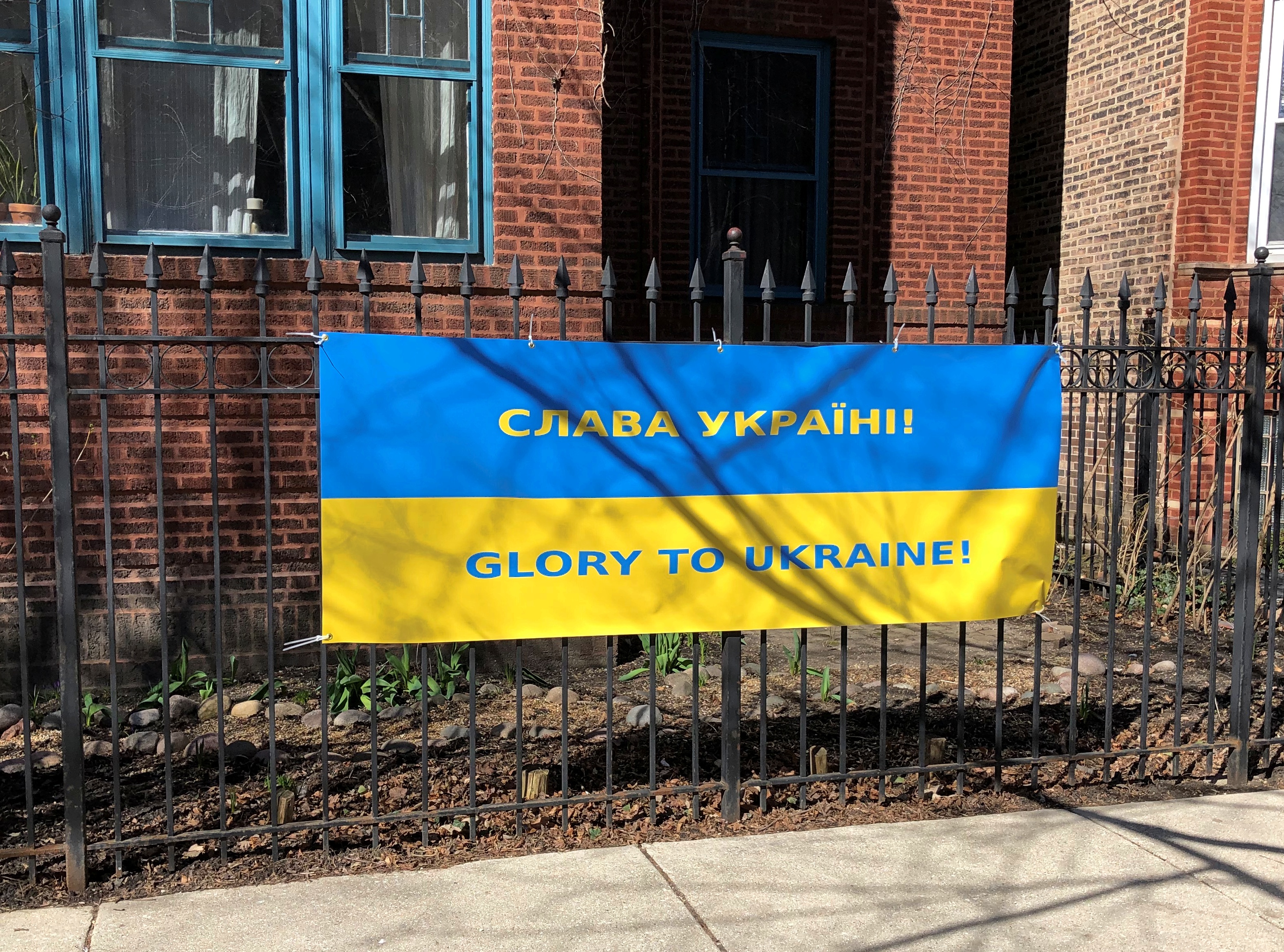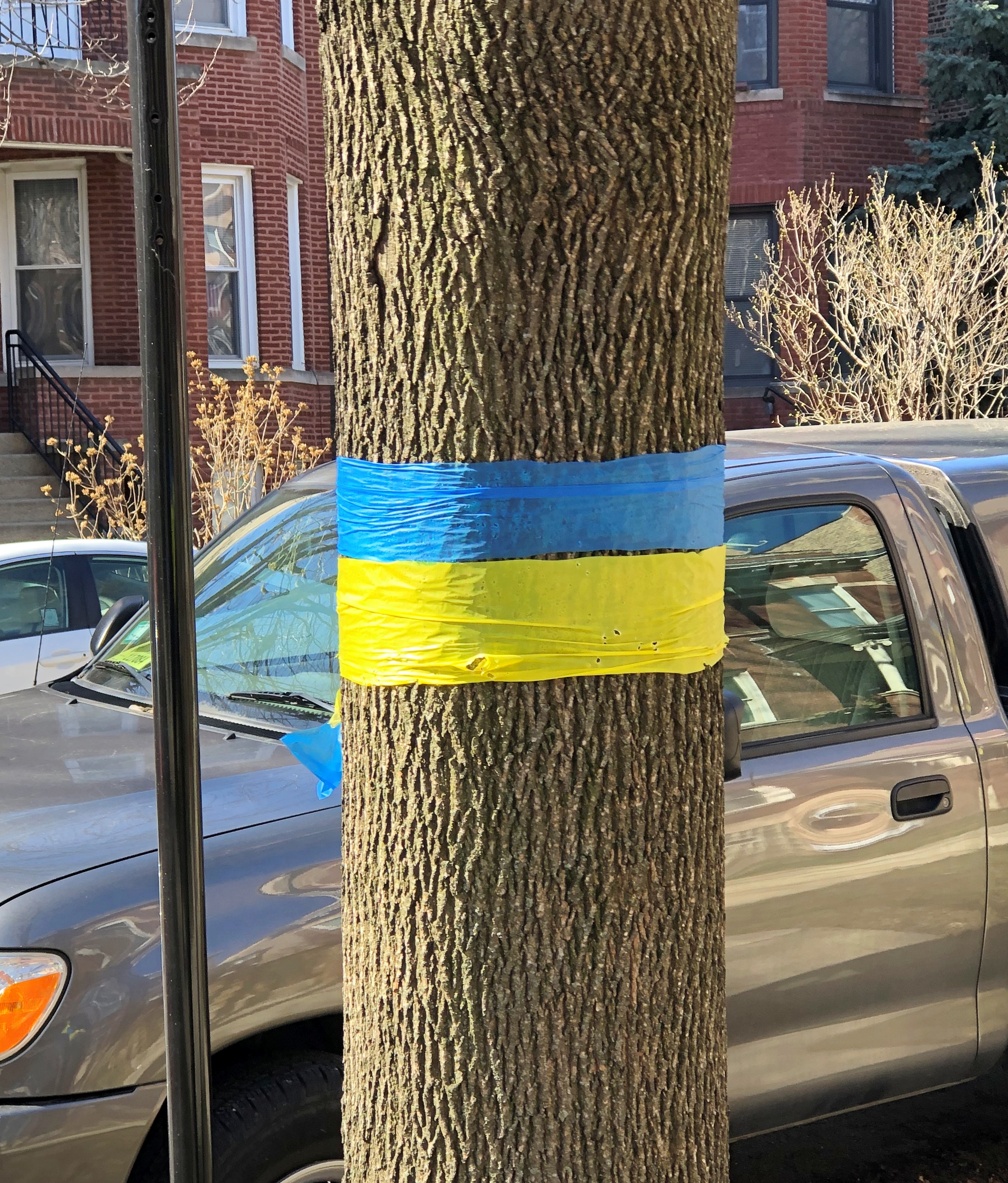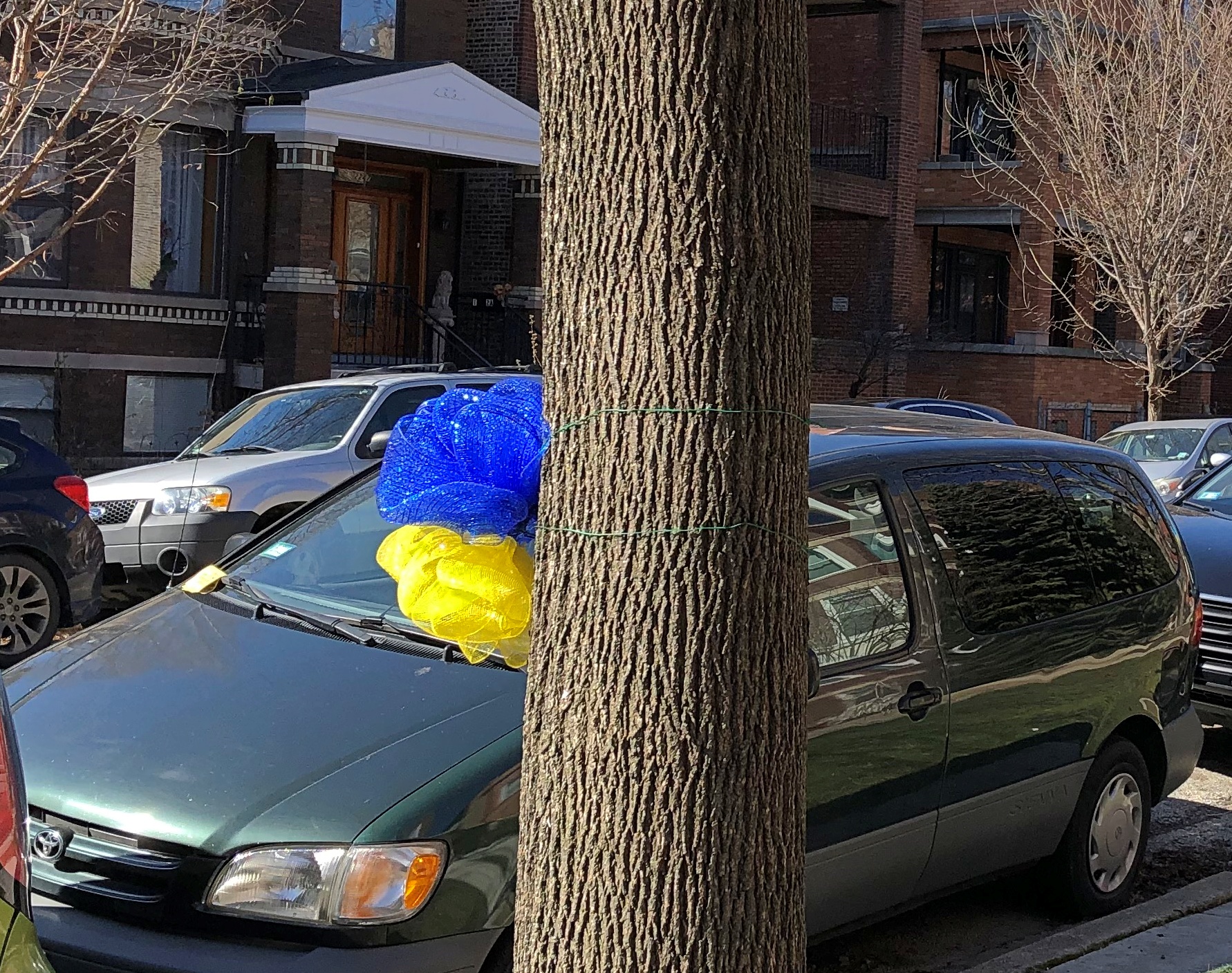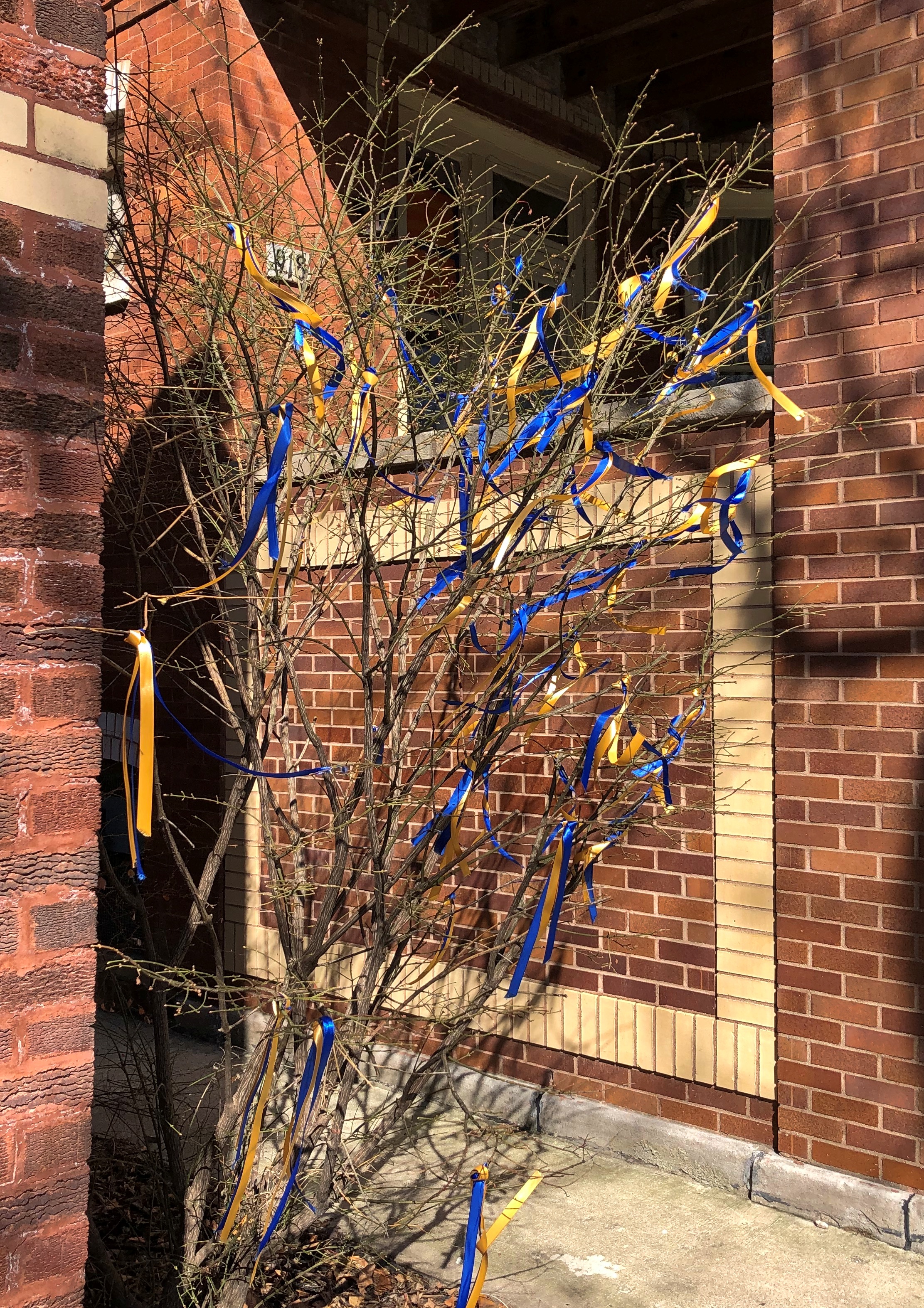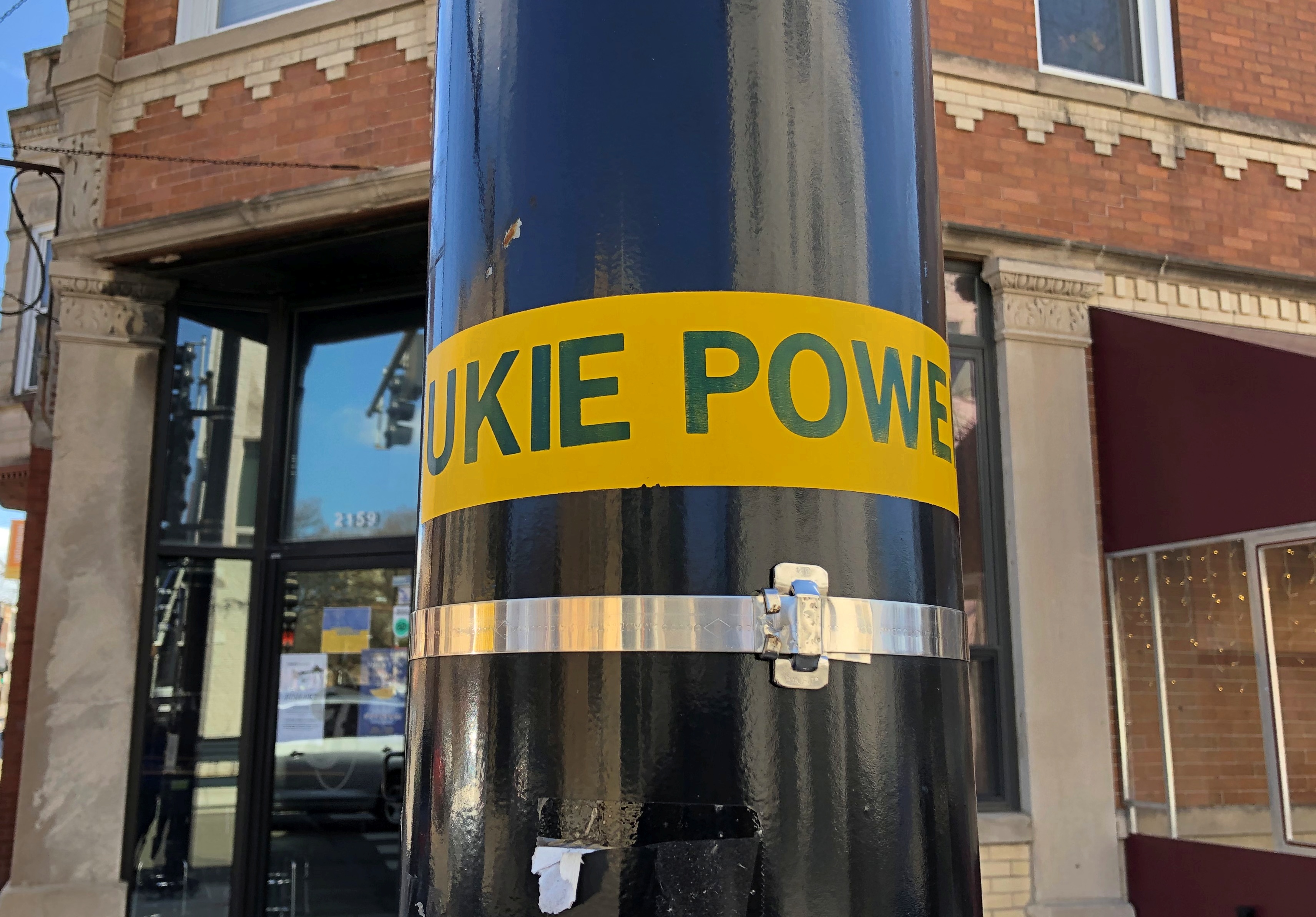While musing on political matters the other day, I found an image I’d made two years ago. I don’t remember why, except maybe I wanted to look up the minor parties in the presidential contest later, but forgot to do so. Until now.
For the record, the Greens got more than 407,000 votes nationwide and nearly 30,500 in Illinois, which was a few thousand less than in Texas. Go figure. But Texas is vast, and contains multitudes.
The Libertarians got a respectable 1.86 million or so votes nationwide, but only about 66,500 of those were from Illinois. The biggest state for Libertarians? California. It too is vast and multitudinous.
I had to look up the Party for Socialism and Liberation, so I didn’t confuse it with (say) the Party for Liberation and Socialism. It’s a 21st-century communist party, which split from the Workers World Party in 2004. The Workers World Party split from the Socialist Workers Party in 1958. The Socialist Workers Party split from the Socialist Party of America in 1938 (wonder what that was about) and I probably could go on, but at least the Party for Socialism and Liberation has a genuine red pedigree — redigree?
Moreover, the party platform is frankly revolutionary. That much is spelled out on its web site.
“In order to guarantee the interests of working and poor people who make up the vast majority of the United States, a new revolutionary government run by and for the workers and poor will be established. The present capitalist government — the role of which has been to defend the big-business system of exploitation by a web of hundreds of measures, legal and illegal, and has been accessible only to the super-rich elite — will be abolished.”
These particular reds garnered a little more than 85,000 votes nationwide, and about 8,000 in Illinois. The revolution won’t be televised, because the ratings would be just awful.
The American Solidarity Party, which says it is inspired by Christian democratic parties in Europe, got about 40,300 votes in 2020, some 9,500 or so from Illinois — more than any other state, so I guess we’re a ASP hotbed, for what that’s worth.
Not on the ballot for president in ’20 in Illinois: the Alliance Party (Rocky De La Fuente), the Constitution Party or the independent candidacy of Brock Pierce, known as a “cryptocurrency entrepreneur” and for being a child actor in the likes of The Mighty Ducks. Ye and his Birthday Party — I’m not making that up — weren’t on the ballot in Illinois either. Maybe next time.
The Natural Law Party, founded on “the principles of Transcendental Meditation,” was nowhere to be seen — because it seems to be defunct — nor were the New Whigs nor the Rent Is 2 Damn High Party.




